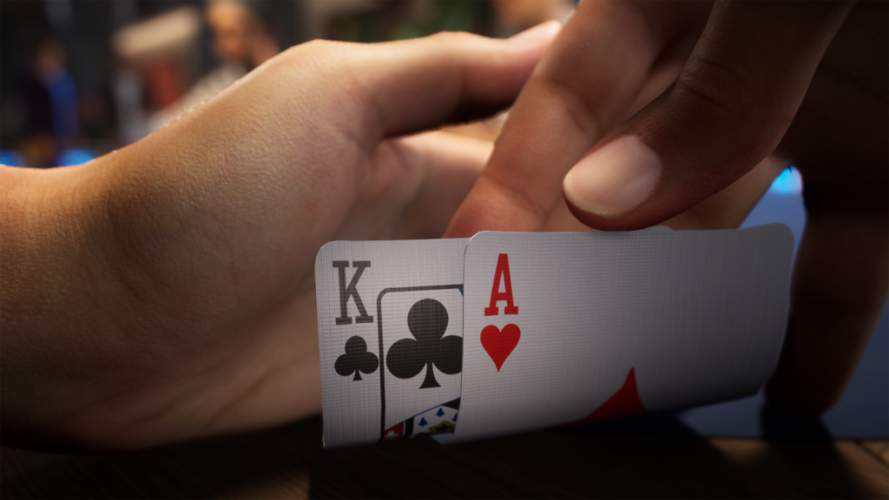
Poker is a game of skill that requires a great deal of concentration. It can be played online or at a table in a real life environment. The goal of the game is to form a high-ranking hand with the cards you have and then win the pot at the end of the betting round.
Poker players use a number of different strategies in the game and learn about betting patterns, bankroll management, reading opponents, and more. These skills are useful in everyday life, and they can help you make more informed decisions. Poker can also increase your confidence and ability to think fast under pressure.
As a poker player, you need to read your opponents to determine what kind of hand they have. This can be done through subtle physical poker tells, or by analyzing their betting habits. For example, if an opponent consistently makes small bets when they have a weak hand, it is likely that they are trying to bluff you into folding yours.
Regardless of how you play poker, it is a game that involves math. It can also teach you to be a better money manager by teaching you how to calculate odds and understand risk. In addition, it can improve your focus and concentration by requiring you to be constantly paying attention to the cards and the way your opponents are acting at the table. In addition, you can learn about new cultures and languages by playing with people from all over the world.

